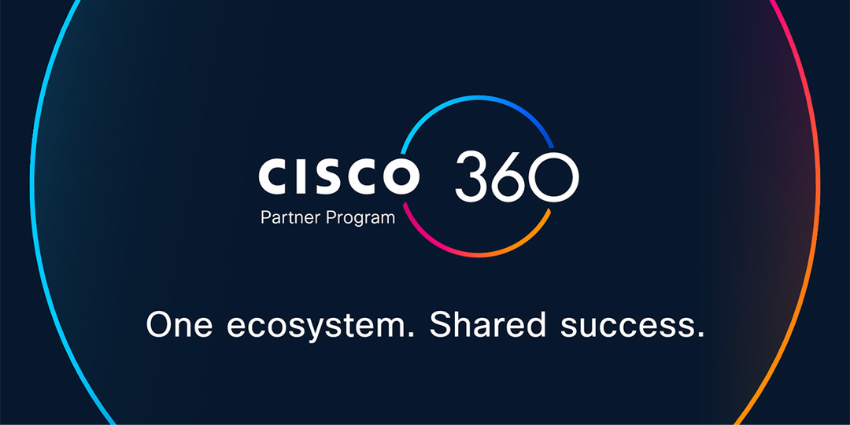ServiceNow has made two significant announcements to bolster its offerings for customers in telecoms and manufacturing.
For the former, the enterprise tech giant has unveiled several industry-specific AI agents that aim to drive productivity across the service lifecycle. These stem from its ongoing collaboration with NVIDIA.
Meanwhile, ServiceNow acquired the Quality 360 solution from Advania last week to bolster its Manufacturing Commercial Operations (MCO) product with new quality management capabilities.
Both moves underline ServiceNow’s intent to push forward its industry innovation, help businesses overcome sector-specific challenges, and – ultimately – simplify enterprise operations.
That’s crucial, as some consider ServiceNow’s offerings complex – despite its strong customer retention rates.
By delivering more pre-configured innovations and flows for specific industries, ServiceNow can improve time to value and challenge these assumptions.
Additionally, industry-specific innovation will help ServiceNow position itself as the “platform of platforms”.
After all, customers shouldn’t view ServiceNow as a traditional suite of tools for individual departments. Instead, it has a vision to connect the enterprise.
“Our focus extends beyond platform solutions to deeper, industry-specific capabilities,” wrote Amit Zavery, President, Chief Product Officer, & Chief Operating Officer at ServiceNow, in a recent blog.
In the near term, you can expect to see us amplify our efforts in the front office and partner with customers to enable each focus industry to meet its unique needs more effectively.
With this industry focus, ServiceNow supports more sector-specific flows that cross functions, helping businesses automate more of the enterprise.
Consider other announcements from earlier this year, too, including its bid to hire 3,000 employees before the close of 2025.
This recruitment effort isn’t just about selling more solutions; it’s also about implementing them.
That’s critical, as with its deep platform, businesses need skilled experts to help them integrate these solutions and workflows effectively.
So far, giving companies AI tools without proper support has not worked so well for everyone.
With industry-specific innovations and heightened support, ServiceNow may execute on its “platform of platforms” vision.
More on the New AI Agents for Telcos
ServiceNow’s release of several telco-specific AI agents came at MWC. These agents collaborate to automate common workflows that run across customer service and network operations.
The tech juggernaut gave several examples here. “Issue resolution” is one, with its AI agents scouring network data, diagnosing faults, and proactively recommending solutions.
Interestingly, ServiceNow’s AI agents may also help coordinate some of the repair actions, such as scheduling a field service engineer.
Another example is “billing resolution”. Here, the AI agents detect unusual usage patterns on the network, give real-time explanations, and send proactive notifications to customers, recommending more cost-effective plans.
According to ServiceNow, this increases transparency, reduces unexpected charges, and – ultimately – lowers billing complaints.
These new AI agent use cases result from an ongoing partnership with NVIDIA, with ServiceNow one of the first tech providers to access its latest agentic AI innovations.
Celebrating their release, Rohit Batra, GM & VP for Manufacturing, Telecommunications, Media, and Technology at ServiceNow, said:
The launch of new AI agents developed specifically for the telecom industry demonstrates our continued commitment to building solutions that help solve the biggest challenges facing business leaders.
“ServiceNow has been at the forefront of AI innovation for years, and this collaboration with NVIDIA marks the next step in delivering agentic AI-powered automation that transforms how CSPs operate and serve their customers,” he concluded.
The announcement builds upon the Now Assist for Telecom Service Management (TSM) solution that ServiceNow launched with NVIDIA in 2024, with BT amongst the early adopters.
More on the Quality 360 Acquisition
Last week, ServiceNow announced that it acquired Quality 360 from Advania.
Quality 360 is a solution that aims to isolate and suggest resolutions for quality issues across the manufacturing chain, from production to service delivery.
ServiceNow will embed the solution within its MCO product, offering manufacturers new insights that will help them better manage quality issues.
That’s according to Batra, who said: “Manufacturers are under increasing pressure to maintain high-quality standards while managing complex supply chains.
By integrating Advania’s Quality 360 into the ServiceNow platform, we’re providing manufacturers with the AI-driven insights and automation they need to proactively manage quality issues, drive operational efficiency, and enhance customer trust.
“This acquisition exemplifies our commitment to partner-led innovation and delivering industry-specific solutions that drive meaningful transformation.”
With the acquisition, ServiceNow hopes to help manufacturers improve their efficiency, enhance customer trust, and expand its presence in manufacturing.
Yet, critically, this is another example of ServiceNow delivering new solutions to help overcome the unique challenges of a particular industry.
ServiceNow’s Mission to Connect the Enterprise
Many enterprise tech providers claim to connect the front and back office, but it often boils down to loosely integrated bots that serve particular functions.
ServiceNow takes it further, driving enterprise-wide connections across field service, contact centers, ERP, finance, and other systems.
Industry-specific innovations and AI agents represent the next frontier.
For customer experience leaders learning about ServiceNow from product champions in IT teams, consider its CRM portfolio.
Ask: How is it implemented? What processes is it improving? How can we replicate that success across our systems?
It’s a fascinating option, as CX Today highlights in the article: ServiceNow Is Co-Innovating With CCaaS Leaders: Why?







